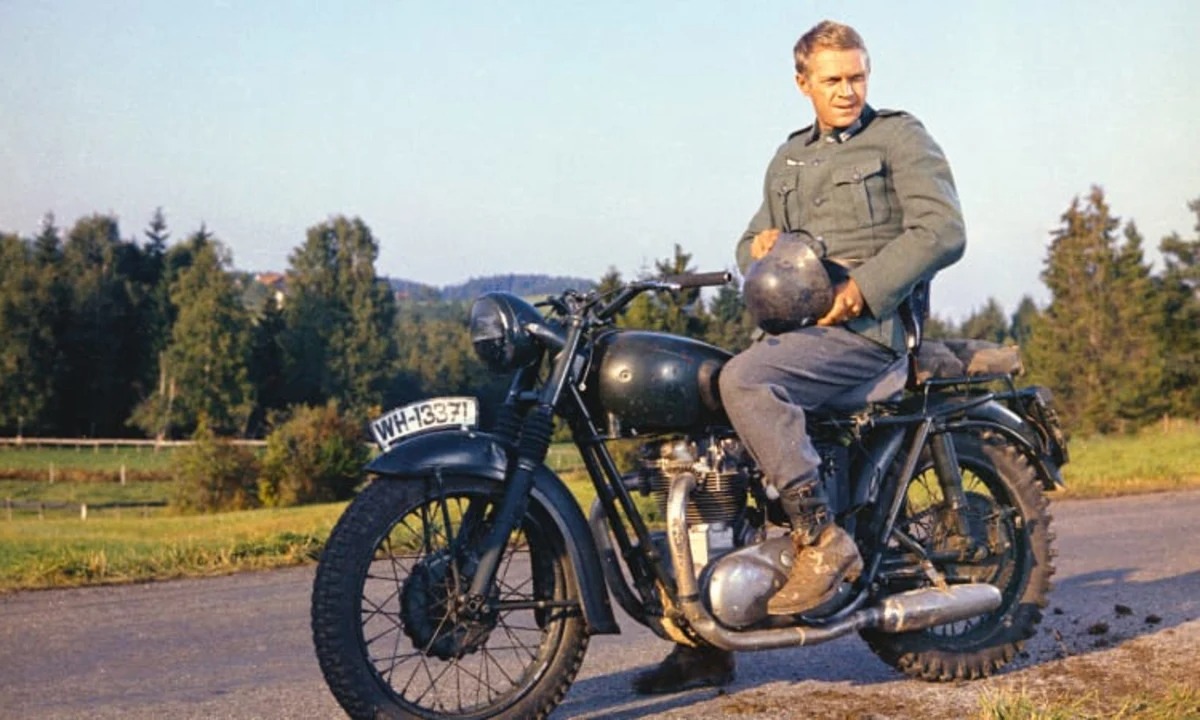
Ever wondered about the history of motorcycles back in WWII, what German Troops thought about them and the inspired technological advancements to modern bikes today?
According to the soldiers of the Wermacht
Zündapp had built the superior model. The BMW was heavier and less adapatable to the terrains. The Reich, needing their troops to be more prepared, issued a mandate to both companies that their motorcycles needed to match each other. There could not be a worn down cog in the German war machine. The agreement saw both companies fit a new requirement where each other's sidecar's had to be attachable to each others motorcycles, and both companies had to put up numbers of 20,000 new motors each year until the conclusion of the war was decided.
Famed today for their engineering advancements
German engineering took a huge modern leap during WWII. The USA was so impressed by the party's preparations, they drafted many of the impartial engineers to aid them in their own procedures. Looking over the impressive German blueprints, the USA requested that the Harley-Davidson motor company produce a similar motorcycle to rival those of BMW and Zündapp. Harley-Davidson assembled their first ever shaft-driven motorcycle, the XA. It was an identical replica of the R75 with the only missing addition being the sidecar.
1945
With the defeated Third Reich failing their initial objective; to "unify" Europe under their rule. 1945 saw the end of German occupation in allied territory. The war was lost and production of motorcycles was returned to it's pre war capacity. BMW and Zündapp were no longer required to churn out 20,000 war hardened motorcycles anymore and this led to the complete dissolution of the Zündapp mark. They were heavily funded and reliant on the party party to stay in business. BMW however had no issues in returning to regular production, they were already a behemoth before the war and would continue to be so afterwards. The R series would continue to be built and sold well into the 1950's.
Source: https://racinggreenmagazine.com/article ... zi-germany



